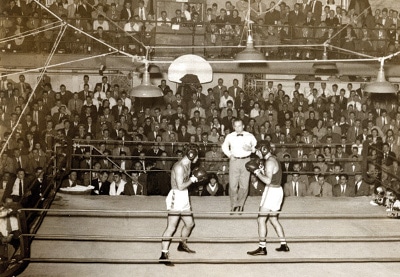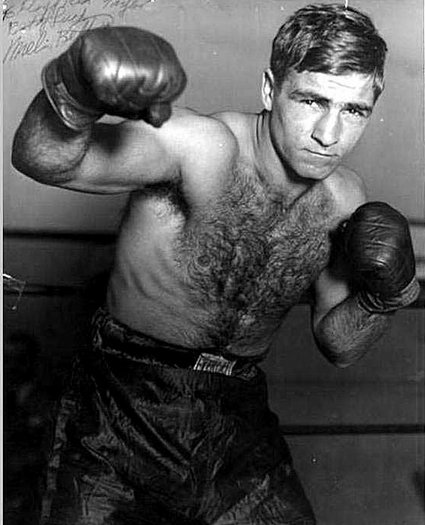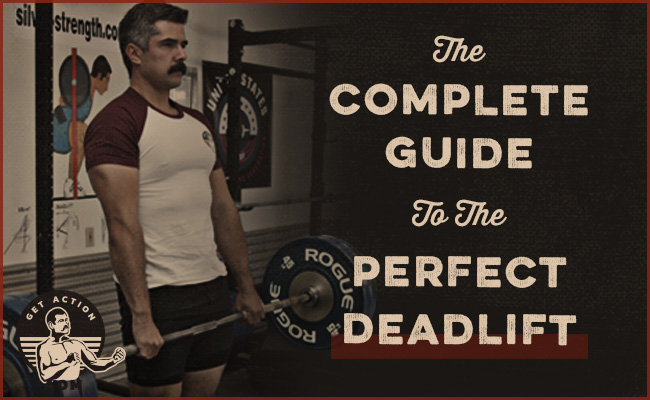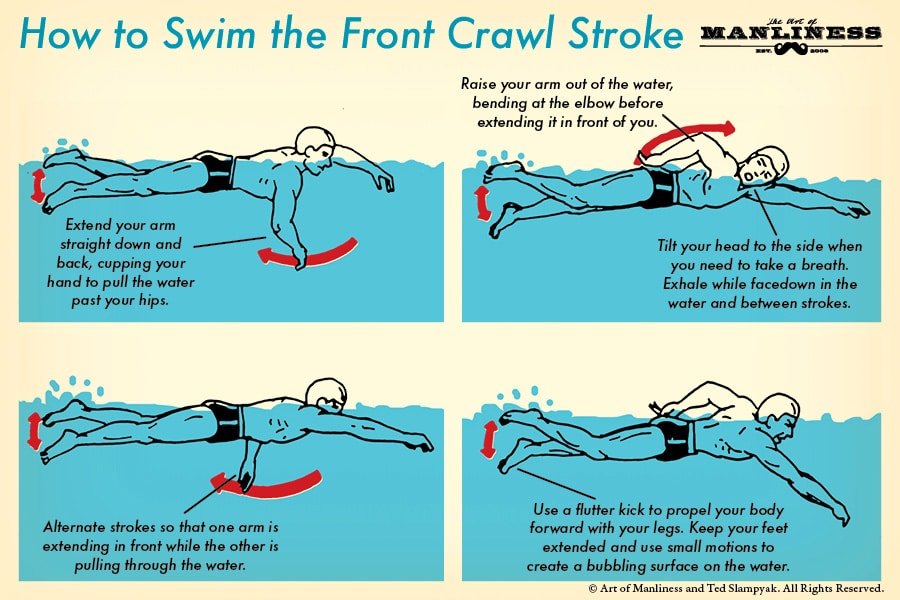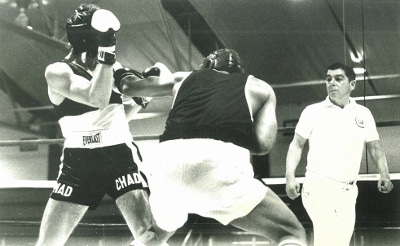
Editor’s Note: This is a guest post by Martin Schatz.
People come to boxing for a variety of different reasons and goals. Some come to the sport as a tool for self-defense, some come for fitness, and some have aspirations to compete. All are respectable goals, but this three part series will focus on those who plan to compete in amateur fights through USA Boxing.
In this first section, we will discuss how to find and decide on a boxing gym and how to decide on a coach.
Finding a Gym
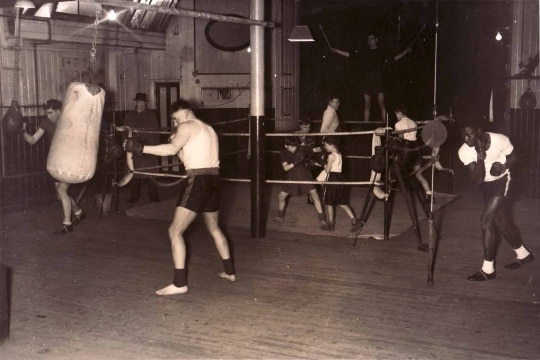 First and foremost, an aspiring fighter needs to find a place to train. Despite the booming popularity in boxing and MMA, this is often easier said than done. First, keep in mind that not just any place that “has boxing” will do. For your easy convenience, we have provided a list of gym attributes to look out for.
First and foremost, an aspiring fighter needs to find a place to train. Despite the booming popularity in boxing and MMA, this is often easier said than done. First, keep in mind that not just any place that “has boxing” will do. For your easy convenience, we have provided a list of gym attributes to look out for.
Find an actual boxing gym. This means a gym that exclusively coaches boxing. This means no martial arts gym that “also” teaches boxing. If you are interested in becoming a well-rounded martial artist, by all means, find a place that teaches ground fighting in addition to their stand-up styles. But this post is for boxing and boxers, and MMA gyms do not usually have the A) quality of instruction, or B) the quantity of sparring partners necessary to mold a successful amateur boxer. You also end up having to share the ring with the Muay Thai classes, the floor space with the Brazilian jiu-jitsu guys, and so on. Believe me, an MMA school that has boxing “classes” is not where you want to hone your craft.
Which brings me to my next point…
Eliminate most (but not all) gyms that have structured boxing classes. Classes are great for fitness crowds and hobbyists, and I know that a lot of grappling sports are taught this way, but they do not a great boxer make. As the popularity of boxing and kickboxing has exploded, all sorts of gyms have tried to cash in by offering instruction and classes in these sports. Look, there is nothing wrong with boxing classes, but they are not usually geared towards making a competent fighter. Some quality boxing gyms have started adding class times in order to offer the best of both worlds. They have the guys training for fights in the back, while a 7:00 pm boxing class grooves to the latest in top 40 beats. That’s all well and good, and I have seen some very respectable gyms do this. In fact, my favorite gym that I have trained at was set up like this. I would not automatically rule these hybrid places out, just be sure to check carefully into their fighters and coaches.
Eliminate any gym where the only guys who have fought before are the coaches and trainers. That tells you immediately that you will not have enough quality sparring partners once you get some degree of skill. Getting your teammates ready for their fights and having them help you get ready for your own is a vital part of the gym environment. If you are the only aspiring fighter at the gym, you have outgrown it before you have even laced up a pair of gloves.
Finding a Coach
Most legitimate boxing gyms have quite a few coaches and trainers who work as private contractors. Some of them are friends with each other, some are enemies, and some are rivals. Once you have decided on a gym, I would talk with the owner/manager/guy-at-the-front-desk about what you are looking for. He will ask you about your goals, your experience, your age, etc. A lot of the time he will recommend a particular coach to you, which makes your job easier. Once introduced, you will most likely go through the same round of questions that you just answered. If you have some experience, the coach will most likely put you through a workout. He’ll hold the focus mitts for you, watch you hit the bags, and watch you shadow box. You are looking for someone with whom you have a good rapport. I like to watch and see how he interacts with other people in the gym as well. Does he seem liked, or at least, respected? Who else does he train? These are my suggestions for what I look for in a coach, but other traits may be more important to you:
1. Does he train other amateur fighters who are currently competing? It would be nice if he has guys around your own weight and experience level. This way, you always have a ready sparring partner if there isn’t anyone else available on a particular day.
2. Does he personally work hard? Is he engaged in what his fighters are working on? I always like it when my coach is working with someone else in the ring but notices me on the other side of the room and yells out for me to quit messing around. It matters to him that I am doing things right.
3. Is he on time, not terribly hung-over, and mentally “there?” Sad story, but a lot of current trainers and coaches are ex-fighters, and boxing is a hard business. There are a lot, more than one might think, of broken-down ex-pugs who are broke and at bottom. For some of these guys, boxing is all they know, and that’s why they are still in gyms. It is simply the only way they know how to make money. I would suggest looking for a coach who still has a strong passion for the sport and cares deeply about coaching a new generation of fighters.
Once you’ve picked a gym and a coach, it’s time to get your feet wet and jump in. But as a newbie, you may be nervous about how you’re supposed to act in a boxing gym. Next time we’ll cover how you’ll be expected to carry yourself and train at the gym.
What other tips do you have for finding a good boxing gym and coach? Share your advice with us in the comments!
Amateur Boxing for Beginners: A How To Guide Part 1, Part 2, Part 3



